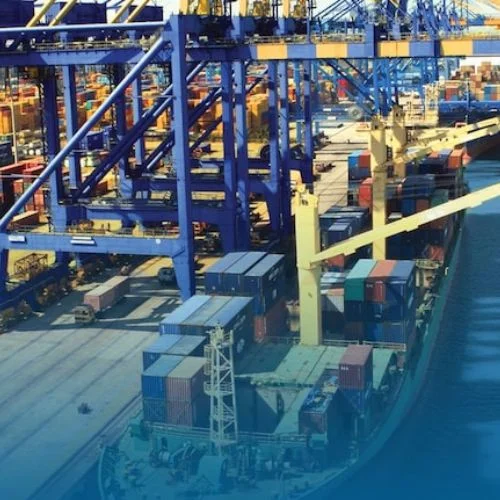In January, China’s consumer prices fell at the fastest rate in more than 14 years, while producer prices also declined, putting pressure on officials to do more to resuscitate an economy plagued by low confidence and deflationary risks.
Since early last year, the world’s second-largest economy has struggled with decreasing prices, requiring officials to slash interest rates to boost growth while many wealthy economies focused on curbing stubbornly high inflation.
The consumer price index (CPI) declined 0.8% in January from the previous year, following a 0.3% drop in December, according to data from the National Bureau of Statistics (NBS) released on Thursday. The CPI grew 0.3% month on month, following a 0.1% increase the prior month.
Economists polled by Reuters expected a 0.5% drop year on year and a 0.4% increase month on month.
The annual CPI reduction in January was the largest since September 2009, driven primarily by a strong drop in food costs, but analysts warn that the economy’s general deflationary impulse risks becoming entrenched in consumer behaviour.
“The CPI data today shows China faces persistent deflationary pressure,” said Zhiwei Zhang, Pinpoint Asset Management’s chief economist.
“China needs to take actions quickly and aggressively to avoid the risk of deflationary expectation to be entrenched among consumers.”
Since the conclusion of COVID curbs in late 2022, the Asian behemoth has struggled to restore economic momentum, and fearful investors have dropped Chinese stocks in response to a worsening housing crisis and local government debt problems.
Global demand has also been somewhat modest, with an official poll indicating that activity in China’s massive manufacturing sector contracted in January.
Chinese stocks fell quickly following the poor CPI report before recovering, aided by the recent rapid-fire support measures.
The economy expanded by 5.2% in 2023, meeting the official target of roughly 5%, although the recovery has been far shakier than investors had anticipated. Policymakers expect Beijing to keep its 5% growth objective from last year.
In late January, China’s central bank announced the largest decrease in bank reserves in two years, delivering a powerful signal of support for the weak economy, but analysts say officials must do more to boost confidence and demand.
Core inflation, which excludes volatile food and energy prices, rose 0.4% from a year ago, down from 0.6% in December.
CPI climbed 0.2% last year, falling short of the stated objective of roughly 3%, marking the 12th consecutive year that inflation has undershot yearly targets.
“Deflation/Disinflation is becoming entrenched,” wrote Carlos Casanova, senior Asia economist at Union Bancaire Privee in Hong Kong, in a note to clients.
“The reduction reflects weak domestic consumption. We believe that a large stock market sell-off is contributing to the fall in sentiment and corresponding consumption,” Casanova added.
The statistics also showed continuous factory gate deflation, which puts pressure on businesses as they strive to regain lost business.
The producer pricing index (PPI) fell 2.5% from a year ago in January, following a 2.7% drop the previous month, compared with a 2.6% drop predicted in a Reuters poll.
Factory-gate prices fell 0.2% from the previous month, following a 0.3% decline in December.
Prolonged manufacturing deflation is jeopardising the viability of smaller Chinese exporters, who are caught in a never-ending price war for decreasing business.
“The People’s Bank of China really ought to deliver stronger policy support,” Casanova of Union Bancaire Privee stated.
“We would prefer to see broad-based interest rate cuts in February, but that remains unlikely given the lack of policy space and issues in policy transmission.”















